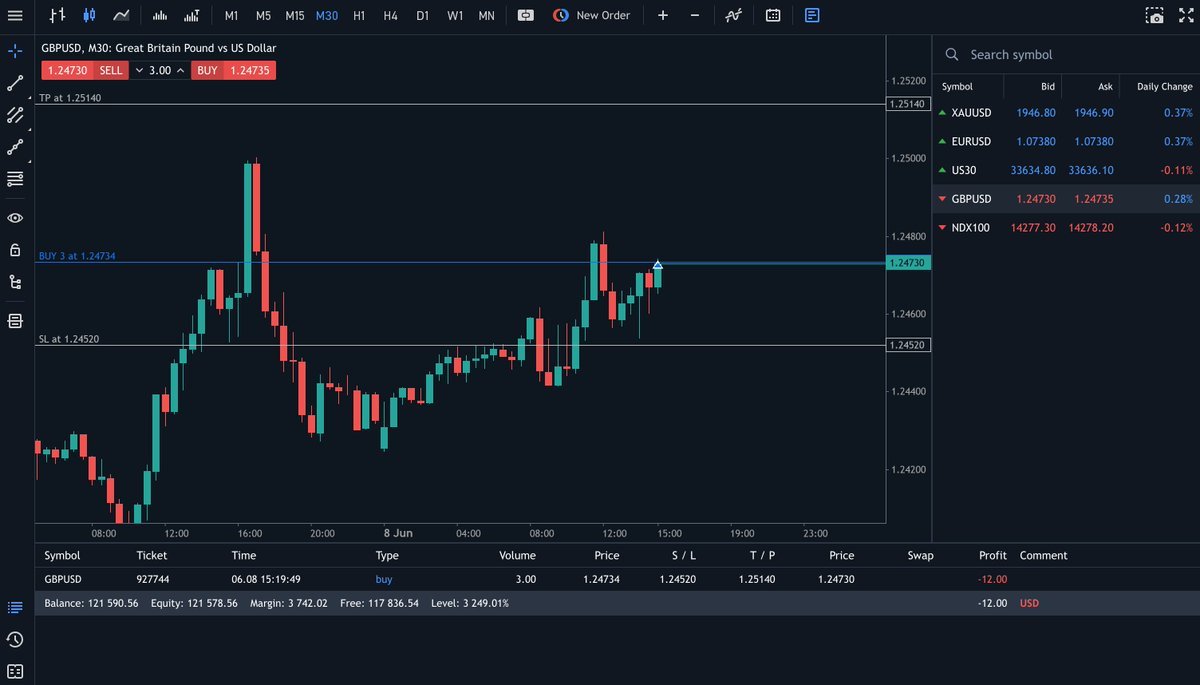An insurance claims adjuster is a professional who assesses insurance claims on behalf of insurance companies. While they work for the insurer, they are often your main point of contact throughout the claims process. Their job is to evaluate the situation, determine coverage, and help guide you through the next steps—whether that means approving repairs, processing payments, or answering any questions you may have.
Understanding what a claims adjuster does can make a big difference, especially if you’re dealing with property damage after an unexpected event. When you know their role, you’ll have a clearer idea of what to expect and how to effectively manage your claim, making the process smoother and less stressful. If you want to learn more about their role, then this post is for you.
What Does an Insurance Claims Adjuster Do?
An insurance claims adjuster is responsible for investigating and evaluating insurance claims to determine what damages are covered and to what extent. Their job is to assess the details of your claim, ensure it aligns with your policy, and guide you through the claims process.
Depending on the nature of your loss, an adjuster handles several key tasks, including:
- Gathering and reviewing all claim details
- Analyzing your insurance policy to identify applicable coverages
- Collecting statements from you and any other involved parties
- Examining evidence such as photos, receipts, or police reports
- Inspecting the damages and requesting additional information if needed
- Determining the extent of coverage and the value of your loss
- Keeping you informed throughout the claims process
To complete their assessment, adjusters rely on various resources, including official reports, photos, video footage, and firsthand statements. Understanding their role can help you navigate the claims process with more confidence and clarity.
The Different Types of Insurance Claims Adjusters
Navigating an insurance claim can be overwhelming, especially when multiple types of adjusters are involved. Knowing the difference between them can help you understand who is handling your claim and whose interests they represent. Here are the three main types of insurance claims adjusters:
1. Independent Adjusters: The On-Demand Experts
Independent adjusters don’t work directly for a single insurance company. Instead, they operate as contractors, handling claims for various insurance brokers. They step in when insurance companies need extra support, especially after major disasters that result in a surge of claims. While they assess damages and negotiate settlements, their ultimate responsibility is to the insurance company that hires them.
2. Insurer Adjusters: The Insurance Company’s Representative
Also known as staff adjusters, these professionals are employed directly by insurance companies. Their primary role is to evaluate claims, determine coverage, and negotiate settlements on behalf of their employer. While they may guide you through the claims process, their main obligation is to the insurer, which means their goal is to settle claims in a way that aligns with the company’s best interests.
3. Public Adjusters: The Policyholder’s Advocate
Unlike insurers and independent adjusters, public adjusters work exclusively for policyholders. They help individuals and businesses assess damages, prepare claims, and negotiate with insurance companies to ensure a fair payout. If you’re dealing with a complex or high-value claim, hiring a public adjuster can be beneficial in making sure you receive the compensation you’re entitled to.
When Will You Encounter an Insurance Claims Adjuster?
If you ever need to file an insurance claim—whether for your home, car, or another insured asset—you’ll likely work with a claims adjuster. They are assigned to investigate the details of your claim, inspect damages, gather necessary information, and determine what your insurance policy covers.
Since adjusters work for or on behalf of the insurance company, they serve as your main point of contact throughout the claims process. Their role is to assess the situation and ultimately decide on a settlement offer, if applicable.
Why Consider Hiring a Public Adjuster?
Navigating an insurance claim can be stressful and time-consuming. That’s where a public adjuster can make a big difference. Unlike insurance company adjusters, who prioritize the insurer’s interests, a public adjuster works exclusively for you—the policyholder. Here’s how they can help:
- Expert Guidance: Public adjusters specialize in insurance claims and understand the complex language of policies. Their expertise can help you maximize your settlement.
- Time Savings: Handling a claim on your own can be overwhelming. A public adjuster takes care of the paperwork, documentation, and negotiations, saving you valuable time.
- Thorough Documentation: Proper documentation is key to a successful claim. Public adjusters ensure all damages are accurately recorded through photos, videos, and detailed reports, strengthening your case.
- Stronger Negotiation: Insurance companies often propose lower settlements than what you may be entitled to. A public adjuster negotiates on your behalf to ensure you receive a fair payout.
- Preventing Further Damage: While waiting for a settlement, a public adjuster can guide you on steps to prevent additional damage to your property, which is often required by your policy.
Hiring a public adjuster can give you peace of mind and help ensure that you receive the compensation you deserve without unnecessary delays or disputes.
The Benefits of Hiring a Public Adjuster
When dealing with an insurance claim, having a public adjuster on your side can make a significant difference. Unlike insurance company adjusters, who work for the insurer, a public adjuster represents you, the policyholder. Here’s how they can help:
- Expert Guidance: Public adjusters are highly knowledgeable about insurance policies and the claims process. Their expertise helps you navigate complex policy language and ensures you receive the maximum payout you’re entitled to.
- Thorough Documentation: A well-documented claim is crucial for a fair settlement. Public adjusters meticulously record damages by taking photos, videos, and detailed inventories, strengthening your claim.
- Skilled Negotiation: Insurance companies often start with lower settlement offers. A public adjuster advocates on your behalf, negotiating for the best possible outcome.
- Saves You Time: Managing a claim can be time-consuming and stressful. A public adjuster handles the paperwork, evidence collection, and communication, allowing you to focus on other priorities.
- Helps Prevent Further Damage: Insurance policies often require you to take steps to prevent additional losses while waiting for a settlement. A public adjuster can guide you on what to do to stay compliant.
How to Prepare for an Insurance Claims Adjuster’s Visit
If you’ve filed a property damage claim, expect an adjuster to visit your property to assess the situation. They’ll inspect the damage, take photos, ask questions, and may require a statement from you. To ensure a smooth process and improve your chances of a fair settlement, follow these steps:
- Gather Relevant Documents: Have receipts, invoices, and records that can help establish the value of damaged items.
- Take Your Photos: If you need to move or repair anything before the adjuster arrives, document the damage first.
- Create an Inventory List: Write down all lost or damaged items with descriptions and estimated values.
- Note Important Details: Keep a written summary of what happened to ensure nothing is overlooked.
- Prepare Questions: Make a list of anything you want to ask the adjuster about your claim or coverage. File a Police Report (if applicable): If the loss involves theft, vandalism, or other criminal activity, file a police report and have a copy available.
Being well-prepared can make the adjuster’s visit more efficient and help you get a fair and timely settlement.
















Leave a Reply